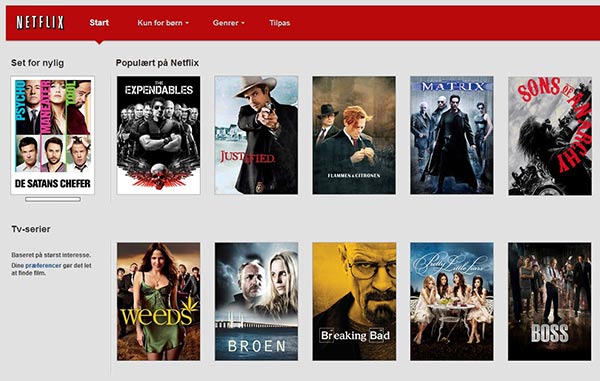A deal between the UK ISPs and the entertainment industry is nearing completion according to a report by the BBC today. Apparently the measures agreed upon are "considerably weaker" than what the media industry were seeking. Suspected pirates will be simply sent "educational" letters, starting next year, with no punitive escalation measures in place.

The BPI, representing the British music industry, and the Motion Picture Association (MPA), representing the film industry were understood to be seeking the implementation of letters that would escalate, to spell out punitive measures against repeat piracy offenders. Also these industry bodies wanted to be able to access a database of such 'offenders' so they could go after them by other legal means. However these wishes have been largely ignored in the final draft of the Voluntary Copyright Alert Programme (Vcap).
The major UK ISPs BT, Sky, TalkTalk and Virgin Media have already agreed to be part of this scheme and will send out these educational letters, which make users aware of legal downloading alternatives, starting in 2015. According to the BBC the ISPs are "ecstatic," over this watered down Vcap final draft as it means they don't have to be seen to be strong-arm policing their customers. Also they will get paid fees for the extra work this agreement entails. However it is thought that if these softly-softly letters don't have any appreciable impact on piracy then a deal might be in place to step up to a much more aggressive piracy curbing deal.

In a parallel effort by the media industry over 40 piracy source websites are blocked by the major UK ISPs. MediaTel Newsline reports that Ofcom figures show that "one in six UK internet users over the age of 12 consumed at least one item of online content illegally," during a three month period spanning Nov 2012 to Jan 2013.
Now let's hope that some moderation in behaviour keeps the piracy problem and punishment of suspected pirates out of the headlines and the legal wolves away from families' doors.













